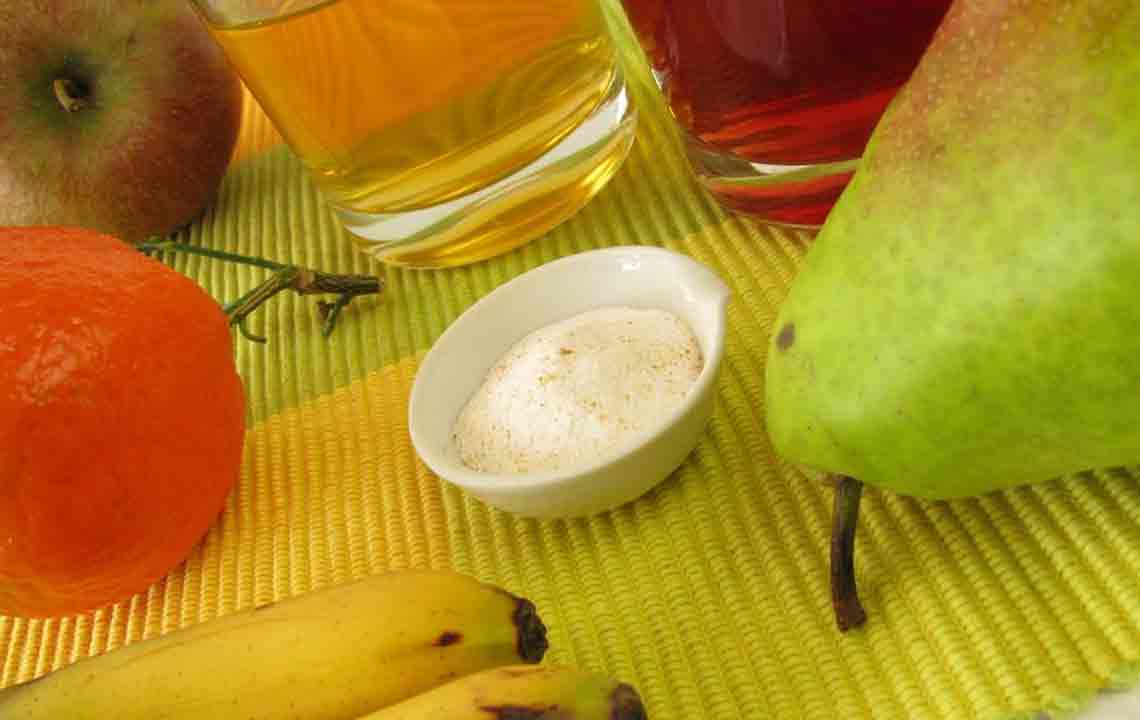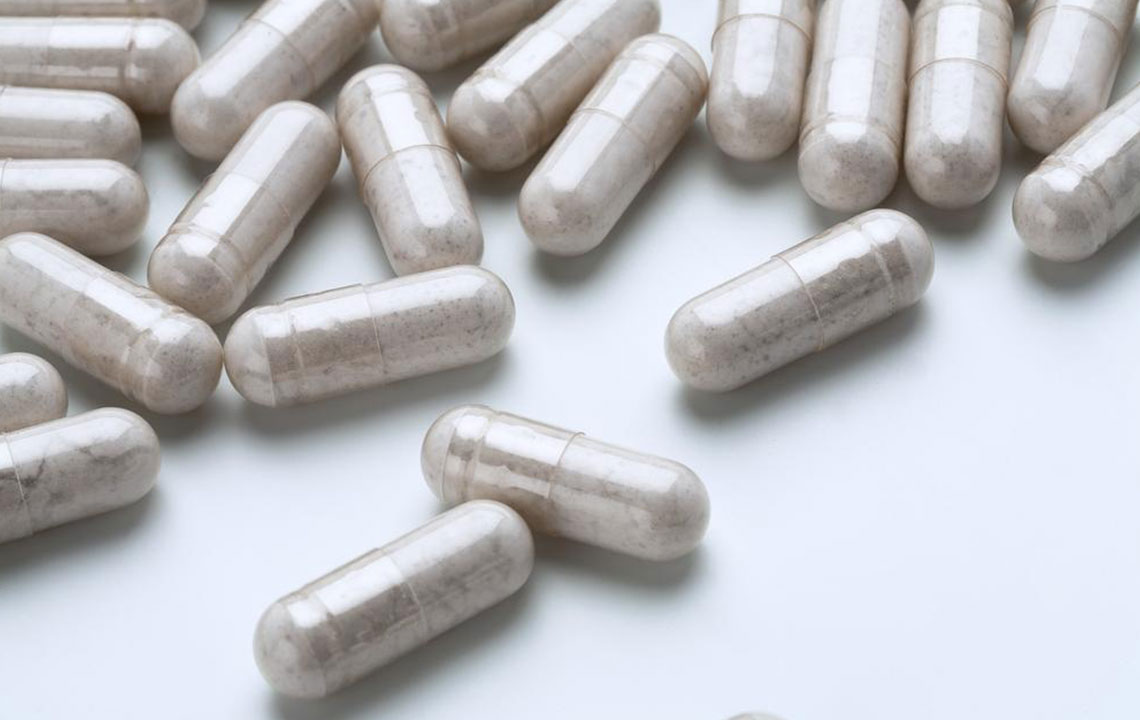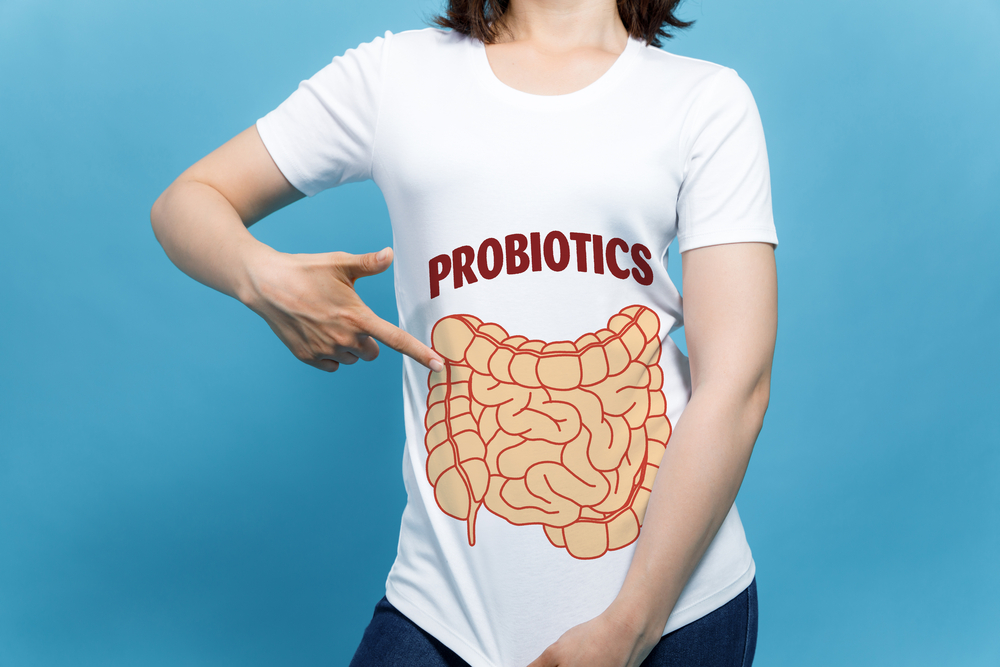Ultimate Guide to Probiotics: Unlocking Their Health Benefits and Enhancing Well-Being
This comprehensive guide explores the wide-ranging health benefits of probiotics, including digestive, immune, and skin health, along with tips on how to incorporate them into your diet. Learn about different strains, potential side effects, and the best natural sources of probiotics for improving overall well-being and maintaining a healthy microbiome.

Ultimate Guide to Probiotics: Unlocking Their Health Benefits and Enhancing Well-Being
In recent years, probiotics have gained tremendous popularity as a natural way to boost health and wellness. While bacteria are often considered harmful agents that cause illnesses, the reality is far more nuanced. Our bodies host a complex ecosystem of microorganisms, including both beneficial and harmful bacteria. The key to good health lies in maintaining a precise balance of these microorganisms. Probiotics, which are live beneficial microbes—including bacteria and yeast—play a crucial role in supporting this microbial harmony, promoting overall health, and preventing various ailments.
Unlike antibiotics that target and eliminate bacteria, probiotics aim to restore and maintain the beneficial bacteria within our bodies. They are naturally present in a variety of fermented foods and available through dietary supplements. Scientific studies now reveal that the benefits of probiotics extend beyond digestive health—they also influence immune function, skin health, mental well-being, and even cardiovascular health.
Understanding Probiotics: What Are They?
Probiotics are live microorganisms, primarily bacteria, that when consumed in adequate amounts, confer health benefits to the host. They are commonly found in fermented foods such as yogurt, kefir, sauerkraut, kimchi, and certain cheeses. Additionally, probiotics are available as dietary supplements in capsule, tablet, or powder forms. It’s important to understand that not all probiotics are the same; different strains have unique effects and benefits. Consulting with healthcare professionals can help tailor probiotic intake to individual health needs and conditions.
Types of Probiotics and Their Characteristics
The diversity of probiotic strains makes them versatile tools for health maintenance. Among the most studied and widely used probiotics are:
Lactobacillus: Predominantly found in yogurt and fermented dairy products, Lactobacillus strains help in improving digestion, alleviating lactose intolerance, and restoring gut microbiota after illness or antibiotic use. These bacteria are known for their ability to produce lactic acid, which inhibits the growth of harmful bacteria in the gut.
Bifidobacterium: Naturally present in the human gut, Bifidobacterium strains are often found in dairy products. They are associated with reducing symptoms of irritable bowel syndrome (IBS), preventing diarrhea, and supporting immune health. Bifidobacteria are particularly effective in maintaining a healthy intestinal barrier and preventing pathogen colonization.
While these strains are the most studied and used, there are numerous other probiotic strains, each with specific health benefits. Since probiotics are classified as dietary supplements, they are not subjected to the same rigorous testing standards as pharmaceutical drugs. Nonetheless, ongoing research continues to support their safety and efficacy. It's advisable to select products from reputable brands and confirm probiotic strains and their CFU (colony-forming units) counts for optimal results.
Health Benefits of Probiotics: How They Can Improve Your Life
The health advantages of probiotics are both extensive and scientifically supported. Here are some of the key benefits they offer:
Digestive Health: Probiotics help replenish and maintain a healthy gut microbiota, especially after illnesses, antibiotic treatments, or poor diet habits. They can aid digestion, reduce bloating, and significantly decrease the incidence of diarrhea, including traveler’s diarrhea and antibiotic-associated diarrhea. Some strains help break down complex carbohydrates and facilitate nutrient absorption.
Relief from Allergies and Skin Conditions: Certain probiotic strains may lessen the severity of eczema in children and reduce allergy symptoms. They can also help individuals with dairy allergies or lactose intolerance by aiding in digestion and reducing allergic responses.
Immune System Support: A balanced gut microbiome thanks to probiotics can enhance immune response, making your body more resilient to infections. Probiotics stimulate the production of natural antibodies and promote the activity of immune cells such as macrophages and T lymphocytes.
Weight Management and Metabolic Health: Some research suggests that probiotics may support weight loss efforts by influencing fat absorption and metabolism. Certain strains help regulate appetite and may reduce fat accumulation; however, results can vary depending on individual factors and probiotic strains used.
Urinary and Vaginal Health: Probiotics contribute to maintaining the balance of bacteria in the vaginal area, preventing bacterial vaginosis, yeast infections, and urinary tract infections. They are particularly valuable during and after antibiotic treatments which can disrupt local microbiota.
Pregnancy and Maternal Health: During pregnancy, probiotics can lower infection risks, support digestion, and contribute to the overall health of both mother and fetus. Some studies suggest they may reduce the risk of preeclampsia and gestational diabetes.
Cardiovascular Benefits: Certain Lactobacillus strains may help reduce LDL cholesterol levels, thereby contributing to better heart health and reducing the risk of cardiovascular diseases.
Dental Care and Oral Hygiene: Probiotics can help combat bacteria responsible for tooth decay, gum disease, and bad breath. They support oral microbiome balance, preventing plaque buildup and gingivitis.
Potential Side Effects and Precautions
Generally, probiotics are safe for most people, including children and adults. However, individuals with compromised immune systems, severe illnesses, or those undergoing immunosuppressive therapies should consult healthcare providers before starting probiotic supplements. Mild side effects such as gas, bloating, or stomach discomfort are common initially and tend to resolve with continued use. Rarely, allergic reactions or infections may occur, particularly in vulnerable populations. To minimize risks, it’s best to choose products from reputable sources, verify strain specificity, and adhere to recommended dosages.
Incorporating Probiotics into Your Diet
Making probiotics a regular part of your diet can be simple and enjoyable. Natural food sources rich in probiotics include:
Yogurt: Opt for varieties with live active cultures, such as Lactobacillus and Bifidobacterium strains. Choose plain, unsweetened options to avoid added sugars.
Raw or Fermented Cheeses: Unpasteurized cheeses made from goat, sheep, or A2 cow milk contain beneficial bacteria.
Fermented Vegetables: Sauerkraut, kimchi, and pickles are tasty sources of probiotics that also provide dietary fiber and antioxidants.
Kefir: A probiotic-rich fermented milk drink that contains multiple strains, making it a potent health booster.
Apple Cider Vinegar: Contains natural probiotics and has additional health-promoting properties.
In addition to foods, probiotic supplements can be an effective way to ensure adequate intake, especially for those with dietary restrictions or specific health conditions. When choosing a supplement, look for products with well-documented strains and sufficient CFU counts. It’s also important to store probiotics properly—most require refrigeration to maintain potency.
In conclusion, probiotics are a powerful tool for enhancing health in numerous ways. From supporting gut health and strengthening the immune system to improving skin and oral health, their benefits are diverse and backed by scientific evidence. Incorporating probiotic-rich foods into your daily routine is a natural and delicious way to promote long-term wellness. Always remember to choose reputable brands and consult health professionals for personalized advice to maximize the benefits of probiotics.





